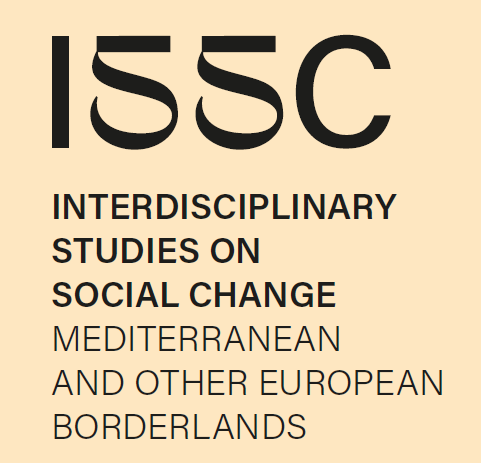This course may be for you if you have ever pondered similar questions. Questions like: What are human rights? Should there be the primacy of international law? Shall we support global legal principles? Who deserves human rights? Can we defend universal rights and standard rules in a culturally diverse world? Should groups prevail over individual’s rights?
We will start by reviewing the history of the development of human societies, phases of development of human cultures, and the corresponding attitudes towards human beings, laws, and the idea of human rights and human duties. We will analyze why and how various social groups differ in their approaches to who deserves to be called “human” and their corresponding “rights.” Secondly, we will look at biological and ecological determinants of the evolutionary process and how they can shape and elucidate various social, cultural, and religious approaches as to which groups deserve to be called “nation” or who qualifies as a “human being” and what should be their corresponding rights and why. The course will critically examine the cultural and political meanings of concepts about human rights, especially considering the universalist versus relativist debate in the context of human socio-cultural and biological evolution. We will examine various societies and how they construe rights and responsibilities and analyze concepts such as power distribution, discrimination, prejudice, genocide, coercive assimilation, and other historical patterns of domination and exploitation. We will look at common justifications for the exploitation, destruction, disenfranchisement, and underdevelopment of various historically disadvantaged groups such as women, children, indigenous people, and others.
The concept of universal human rights will be discussed from the historical and cultural perspective to move toward a more contextualized understanding of the modern system and the growing populist challenges against it.
Once we understand the history of human societies, we will focus on the modern international architecture of international law and human rights, their genesis, underlying realities and theories behind their creation, and the evolution of that system over the last fifty years. We will examine the legal, social, scientific, and jurisprudential issues surrounding the effort to establish a universally applicable human rights framework in a world with profound cultural and religious diversity. We will analyze the basis of the current system and review major philosophical approaches to human rights and international laws, e.g., positivism, natural law, deconstructivism, post-modernism, and structuralism). We will examine human rights applied to marginalized groups and individuals, how they developed, and why. We will also analyze the conflict between group rights and the rights of individuals and discuss whether modern human rights law is sufficient to protect the human rights of women and other marginalized groups living in Western and non-Western societies.
Finally, we will attempt to arrive at a synthesis and focus on current debates concerning the validity of modern international law and existing human rights treaties in a complex and diverse world, with emphasis on understanding various philosophical approaches such as universalism, cultural and legal relativism, positivism, liberalism, authoritarianism, and populism, among others. An essential part of the course will be understanding the underlying epistemology of knowledge and science: How do we know what we know and what we do not know and cannot know? The course will combine regular lectures with a “Socratic teaching method” using “cases,” which the students will read and debate in class. That approach will allow students to practice creating arguments for various positions and understand which positions are more defensible and what the common cognitive distortions and typical logical fallacies are.

